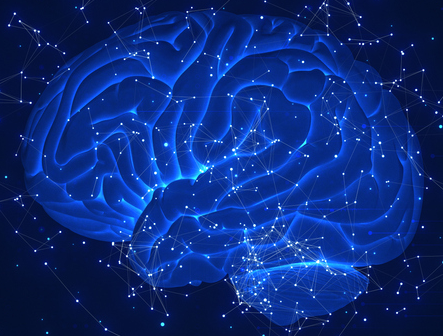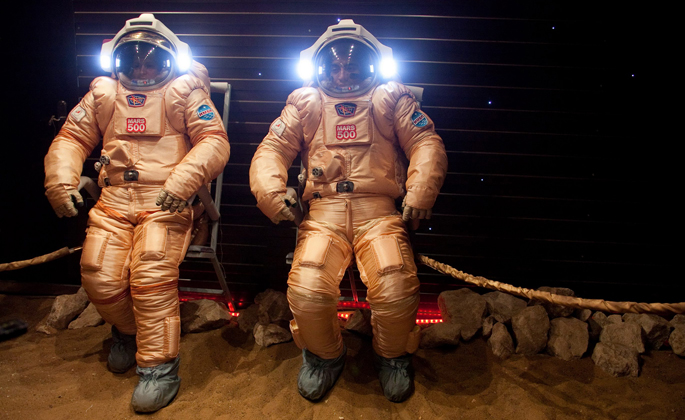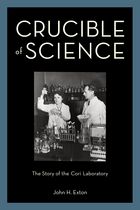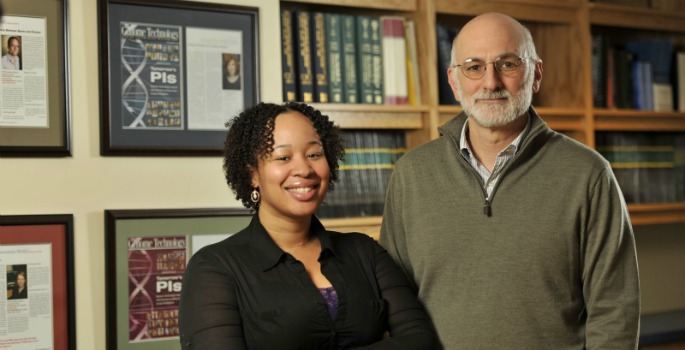Biophysics
-

Stephanie Wankowicz: Exploring protein form and function
Understanding how proteins get from point A to point B is top of mind for Stephanie Wankowicz, assistant professor of molecular physiology and biophysics and principal investigator at the Wankowicz lab. She conducts research on how entropy, a measure of the tendency toward disorder or randomness within a system, shifts when a protein binds to a drug or another protein. Now, her work is being shared through the diffUSE project, a new multi-institutional collaboration focused on reshaping the future of structural biology by moving beyond traditional “snapshot” views of proteins to reveal their full dynamic motions. Read MoreApr 7, 2025
-

Exploring the basics of neurological disorders: Calcium transport in receptors
Led by Terunaga Nakagawa, an international collaboration describes for the first time the fundamental mechanism underpinning cellular processes that lead to learning and memory. Read MoreFeb 26, 2024
-

Study establishes molecular basis for interaction between an essential protein complex and its regulator
The labs of Lauren Jackson and Todd Graham recently published a study in the Journal of Cell Biology describing a significant interaction between an essential protein complex used for protein and lipid transport—the COPI complex—and its regulator protein. Read MoreMay 24, 2023
-

Vanderbilt-led study shows high-salt diet decreases thirst, increases hunger
Salted peanuts make you thirsty so you drink more: that’s bartender wisdom. While that may be true in the short-term, within 24 hours increasing salt consumption actually makes you less thirsty because your body starts to conserve and produce water. Read MoreApr 18, 2017
-

The Crucible of Science
The strength of Vanderbilt biochemistry, especially in the area of metabolism and diabetes, has a lot to do with a brilliant husband-and-wife research team escaping the rise of Nazism in the early 1920s. Read MoreJul 5, 2013
-

Colorectal cancer risk related to gene’s expression
Individuals who are outside the normal range of expression for the adenomatous polyposis coli (APC) gene have an increased risk of colorectal cancer, according to a study published in the January issue of Gastroenterology. Read MoreJan 27, 2012